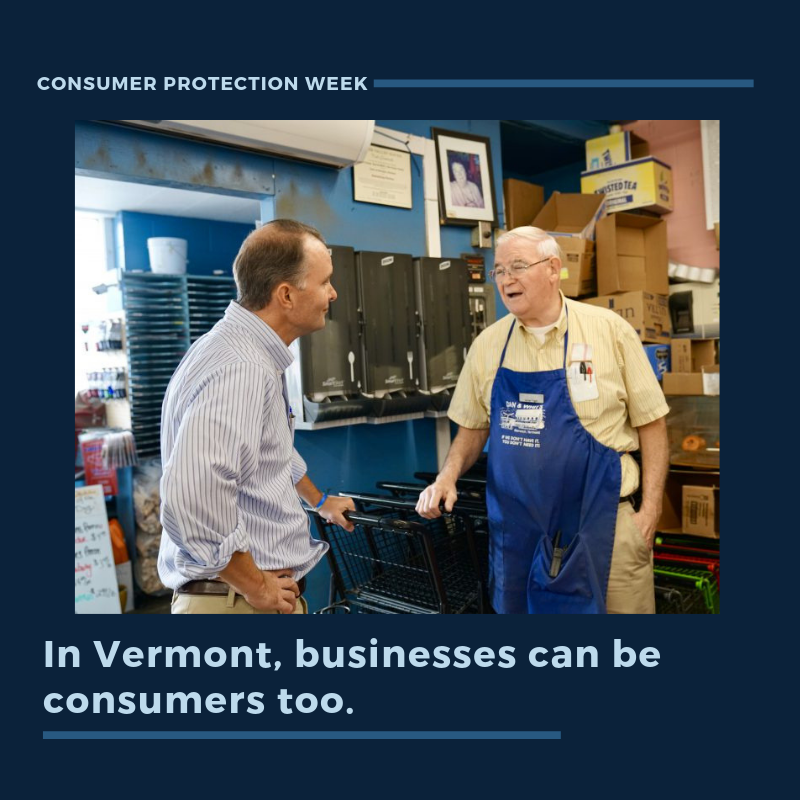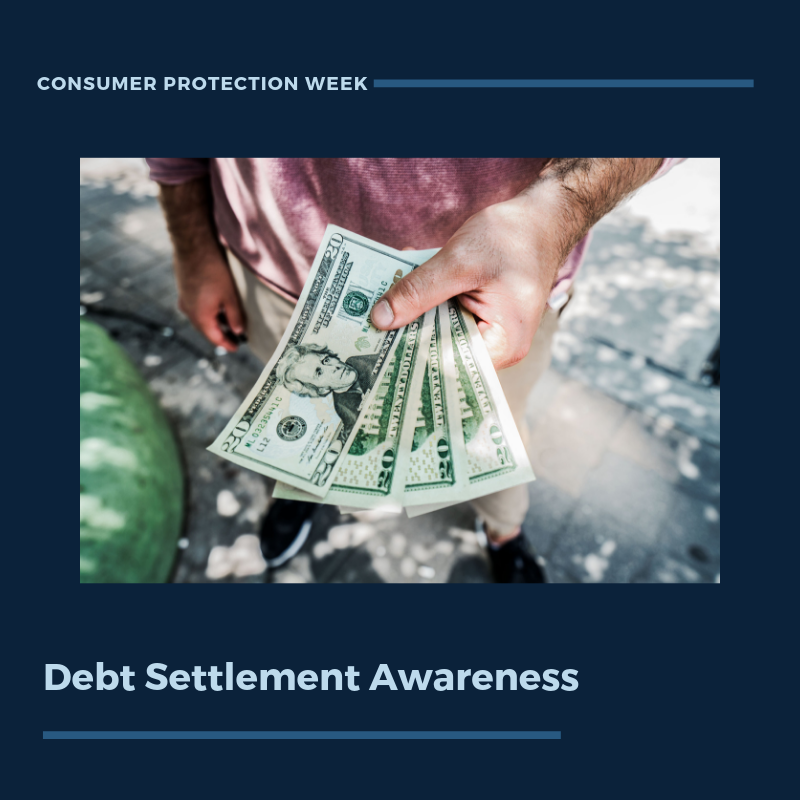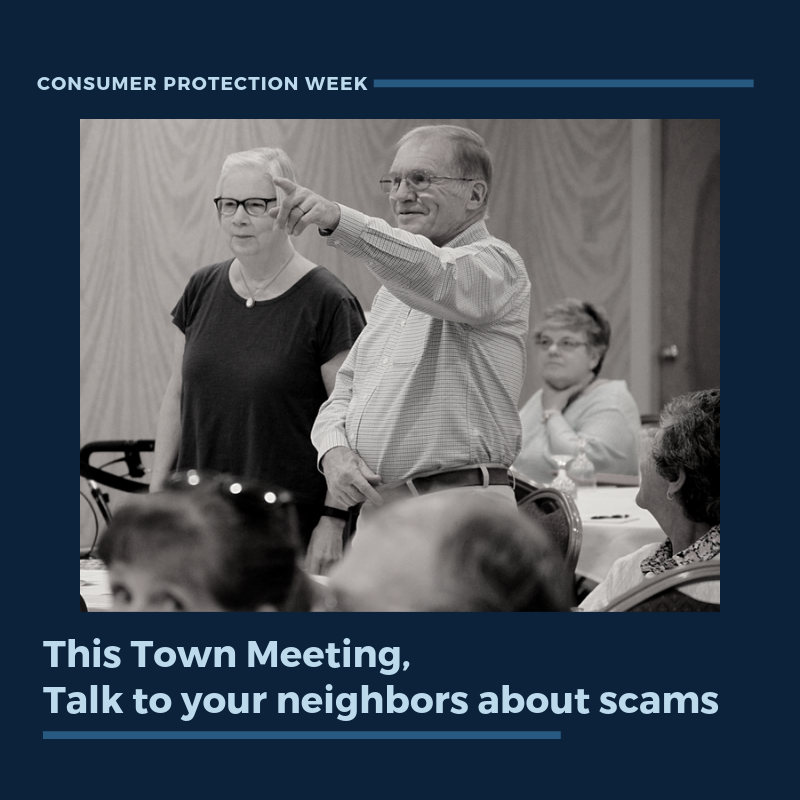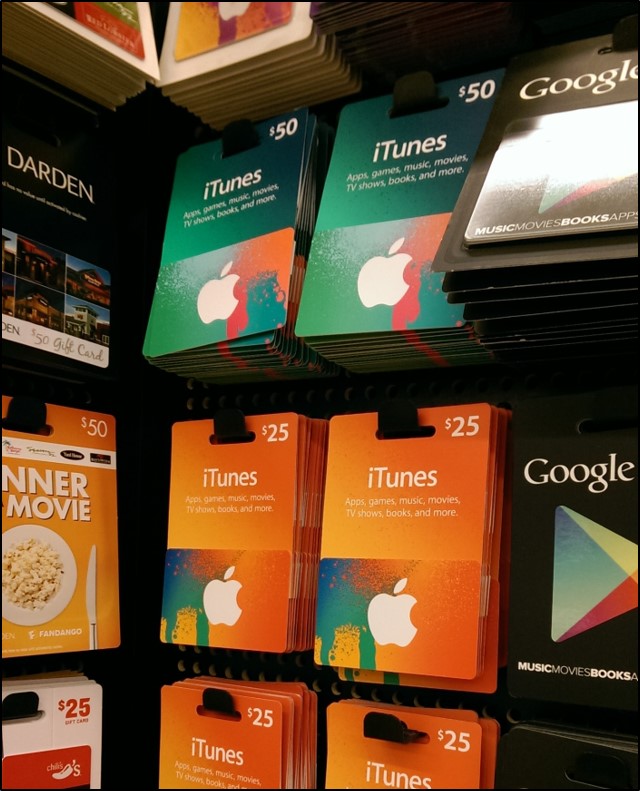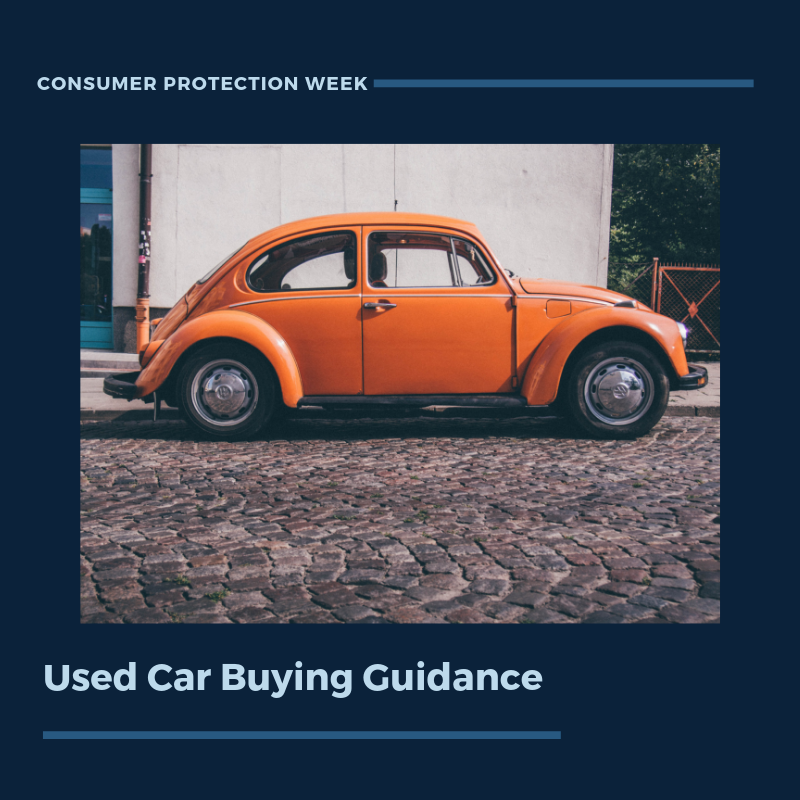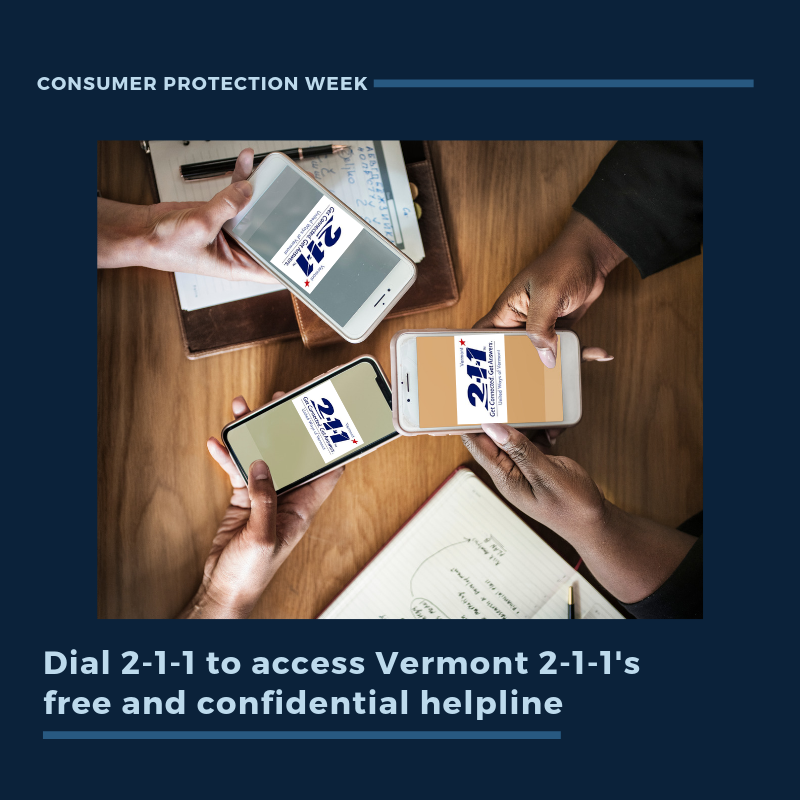
To wrap-up National Consumer Protection Week, we are shining a spotlight on our community partner Vermont 2-1-1, a health and human service helpline offering information and referrals 24 hours a day, 7 days a week.
Vermont 2-1-1 is a program of the United Ways of Vermont that connects Vermonters to the local agencies, organizations, services and resources they need. Vermont 2-1-1 can help people find resources for basic needs, mental health and substance abuse services, criminal justice and legal services, health care, income support, and more.
Anyone can access Vermont 2-1-1’s confidential and free services by dialing 2-1-1 from anywhere in the state, texting your zip code to 898211 (Monday – Friday from 8AM-8PM), or using their online community resource directory.
Thank you, 2-1-1, for all that you do for Vermonters! Here’s more information on other community referrals for common consumer problems:
Have an insurance complaint?
- Contact the Vermont Department of Financial Regulation’s Insurance Division. The Insurance Division regulates insurance in Vermont. To get help with filing a complaint, call 800-964-1784 or file a complaint online.
Have a legal problem?
- Call Legal Services Vermont at 800-889-2047. An intake specialist will get basic information about you and your legal problem. If they can help you with your legal issue, you will be referred to a paralegal or lawyer at Legal Services Vermont or Vermont Legal Aid. Their services are free. You can also visit their legal help website for information.
Have a banking-related complaint?
- Contact the Vermont Department of Financial Regulation’s Banking Division. The Banking Division regulates a variety of entities including banks, lenders, and mortgage brokers. To get help with filing a complaint, call 888-568-4547 or file a complaint online.
Have a complaint with a public utility like a phone or internet provider?
- Contact the Vermont Department of Public Service’s Consumer Affairs and Public Information Division (CAPI). CAPI advocates for policies that protect consumer interests, educates consumers about utility issues, and helps people and businesses reach an informal resolution of their disputes with regulated utilities. To get help with a complaint, call 800-622-4496 or file a complaint online.
Still not sure who can help? Call CAP at 800-649-2424! Our team of consumer advisors are dedicated to helping Vermonters get the support they need. If CAP can’t help you, we’ll figure out who can.

